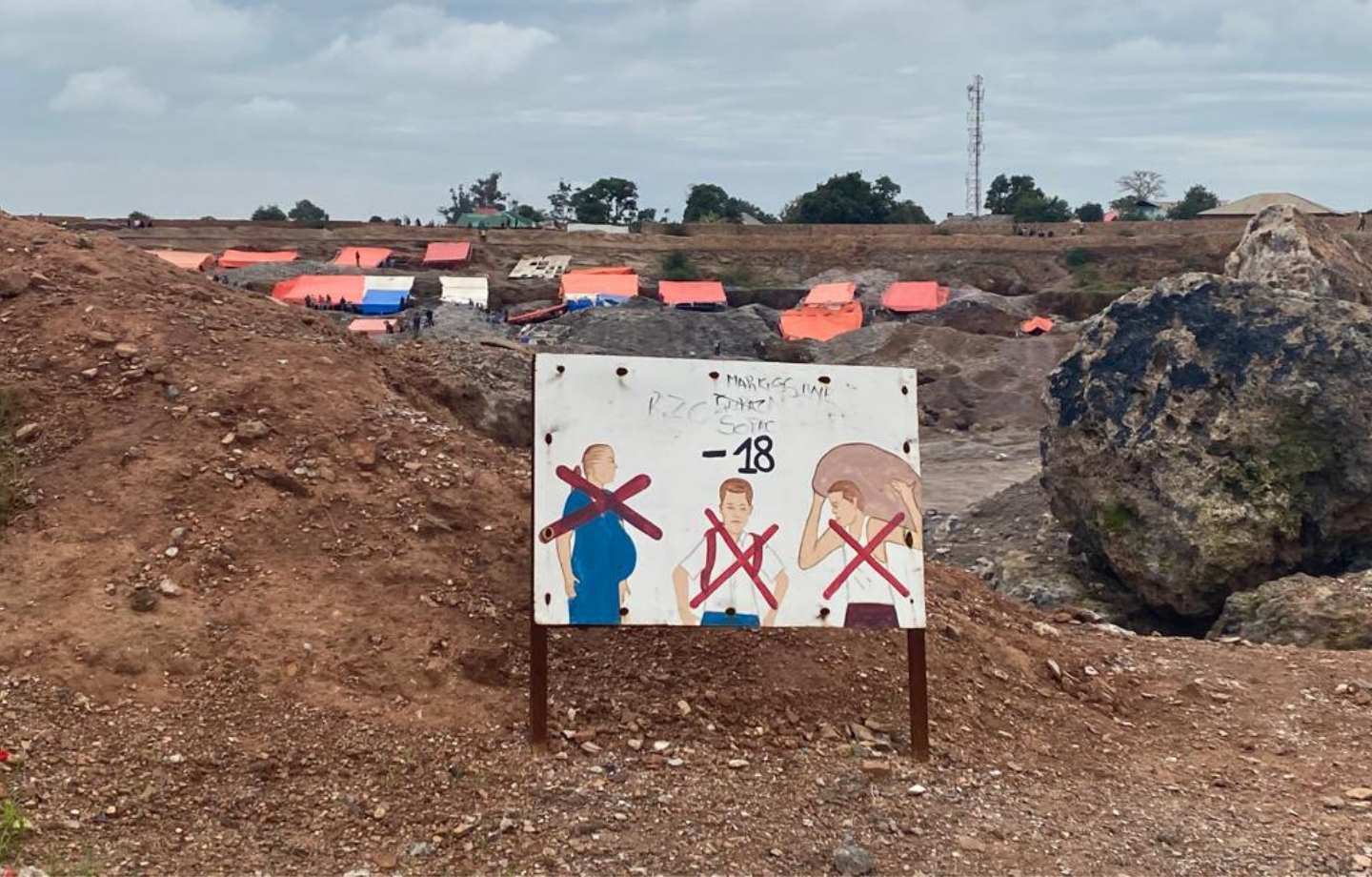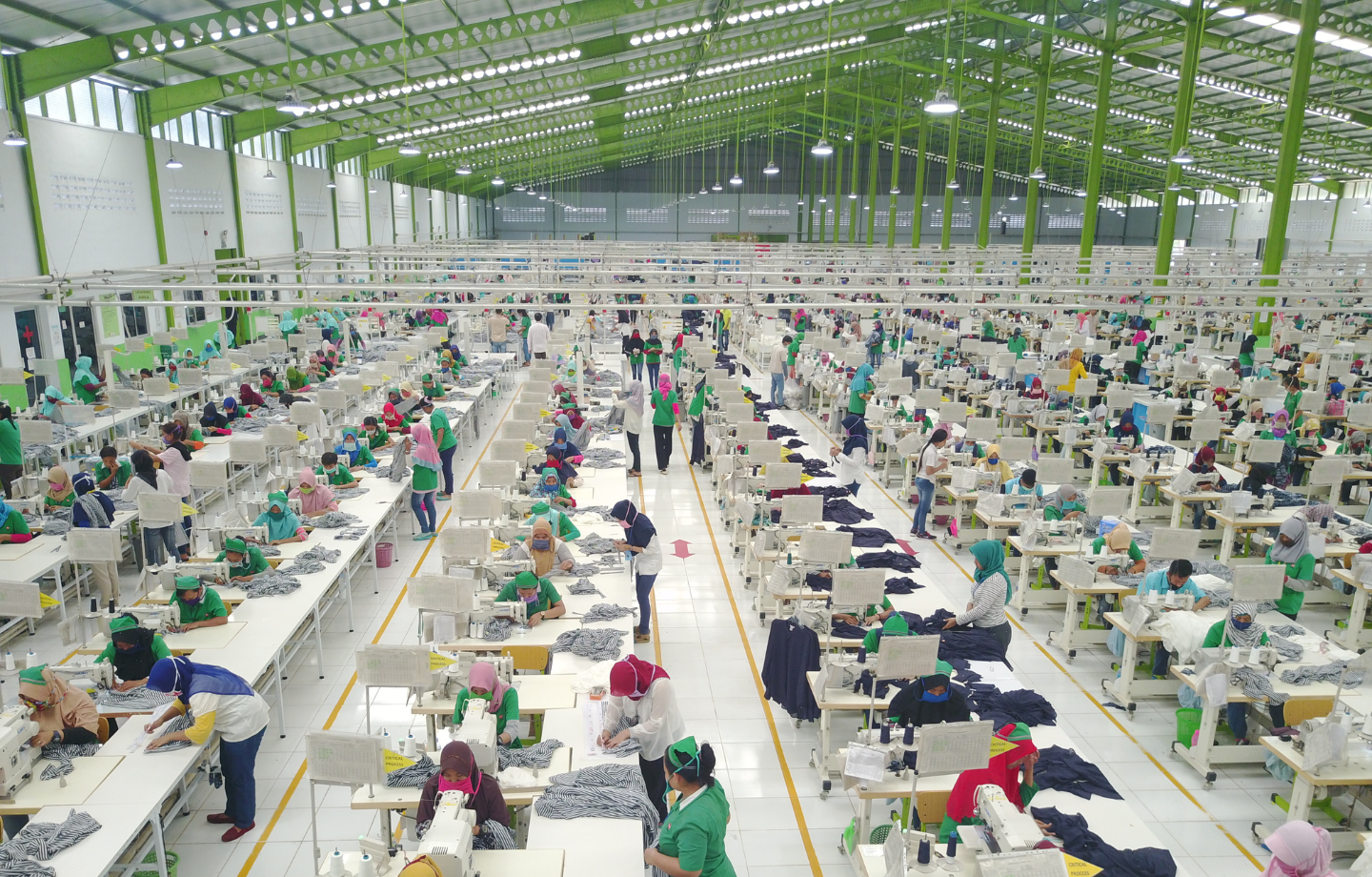3 Issues That Should Drive Kerry’s Agenda in Dhaka

August 26, 2016
Secretary of State John Kerry is headed to Dhaka on August 29. With a brutal terrorist attack on July 1, cyber theft of $101 million of Bangladesh’s assets through the Federal Reserve Bank of New York in February, and a deadly factory collapse that killed more than 1,100 workers in its powerhouse apparel sector in 2013, Bangladesh is looking like a potential trouble spot for the U.S. Here are three issues that should be on the agenda as Kerry lands in Dhaka on Monday:
1. Press the government to target the real terrorist threat without eroding civil liberties. In the past 18 months, more than 30 people have been assassinated by a combination of ISIS and Al Qaeda-affiliated militants in Bangladesh. Until the July 1 terrorist attack, with the deaths of 20 foreign hostages in a cafe, the government had denied the presence of foreign-influenced militants. Instead, it assigned blame to Jamat Al Islaami, a homegrown extremist group with ties to the opposition party, BNP. Much of the government’s counter-terrorism approach seems rooted in a campaign to cripple BNP and consolidate power in the ruling Awami League. Security forces rounded up more than 12,000 people this summer in counter-terrorism raids, but have identified only 196 with ties to actual militancy. The government has recently tested a system to shut down the Internet and has shuttered several dozen news websites. In this respect, Bangladesh looks to be heading in the same direction as Turkey – a historically secular Muslim democracy turning much less democratic as the ruling party seeks to consolidate power for the long haul. Kerry should deliver a tough message on pulling back from anti-democratic trends at the same time that he pushes for greater security cooperation in the fight against ISIS and Al Qaeda.
2. Don’t abandon strong U.S. government action on labor rights in the apparel sector. Since the 2013 Rana Plaza factory collapse, Bangladesh has been in the spotlight of the global fashion industry for widespread failures in factory safety and workers’ rights. It’s the number two apparel producer in the world (after China) and an important sourcing destination for fast fashion. The U.S. government has been a forceful presence in pressing for improved working conditions in Bangladesh. In a remarkable showing of interagency coordination and ambition on a labor rights agenda, it suspended Bangladesh’s participation in a preferential trade program following the Rana Plaza collapse and has been underwriting labor rights programs by the International Labor Organization, the Solidarity Center, and others. Some progress has been made in improving factory conditions and reforming some aspects of the labor law, but much more needs to be done if apparel is to remain a source of economic growth, large-scale employment, and innovation. With two foreign initiatives designed to protect factory workers and improve safety mechanisms on the ground, the Accord and the Alliance, winding down in 2018, now is the time to press the government and local industry to develop a plan to improve oversight. There’s a sense that labor issues are now an irritant in the bilateral relationship, but Kerry should hold his nerve and signal that labor will continue to be on the bilateral agenda.
3. Push to reduce the unusually high cost of migration for Bangladeshi workers seeking employment in the Arabian Gulf. Even with the low price of oil, Gulf governments are under pressure to complete World Cup stadiums, hotels, and major infrastructure projects. Bangladesh is a key source of unskilled labor in Oman, Qatar, UAE, Bahrain, and Saudi Arabia. Every year, half a million Bangladeshis seek work abroad, many of them working in construction, cleaning, and other very low-wage jobs. Bangladeshis pay astronomical recruitment fees, the highest fees worldwide, up to $5,000 to work in the Gulf or $15,000 for the chance to work in Europe. This is well in excess of the government-mandated cap of $1,036 for men and $259 for women and takes years to pay off. This results in well documented labor rights abuses once migrants arrive in the Gulf. Remittance payments from migrant workers sending money back to Bangladesh represent 8-10% of the country’s GDP. The government undoubtedly wants to increase the number of emigrants sending money back to Bangladesh, but tighter controls on recruitment fees are critical to ensure migrants aren’t abused. Kerry should press the government to develop a strategy for reducing the high cost to workers of migration.
The U.S.-Bangladesh relationship is shaping up to be more complicated and more important than it has been in recent years. Kerry’s visit is an opportunity to advance a comprehensive agenda that includes security, economic, and human rights interests.
 Global Labor
Global Labor


